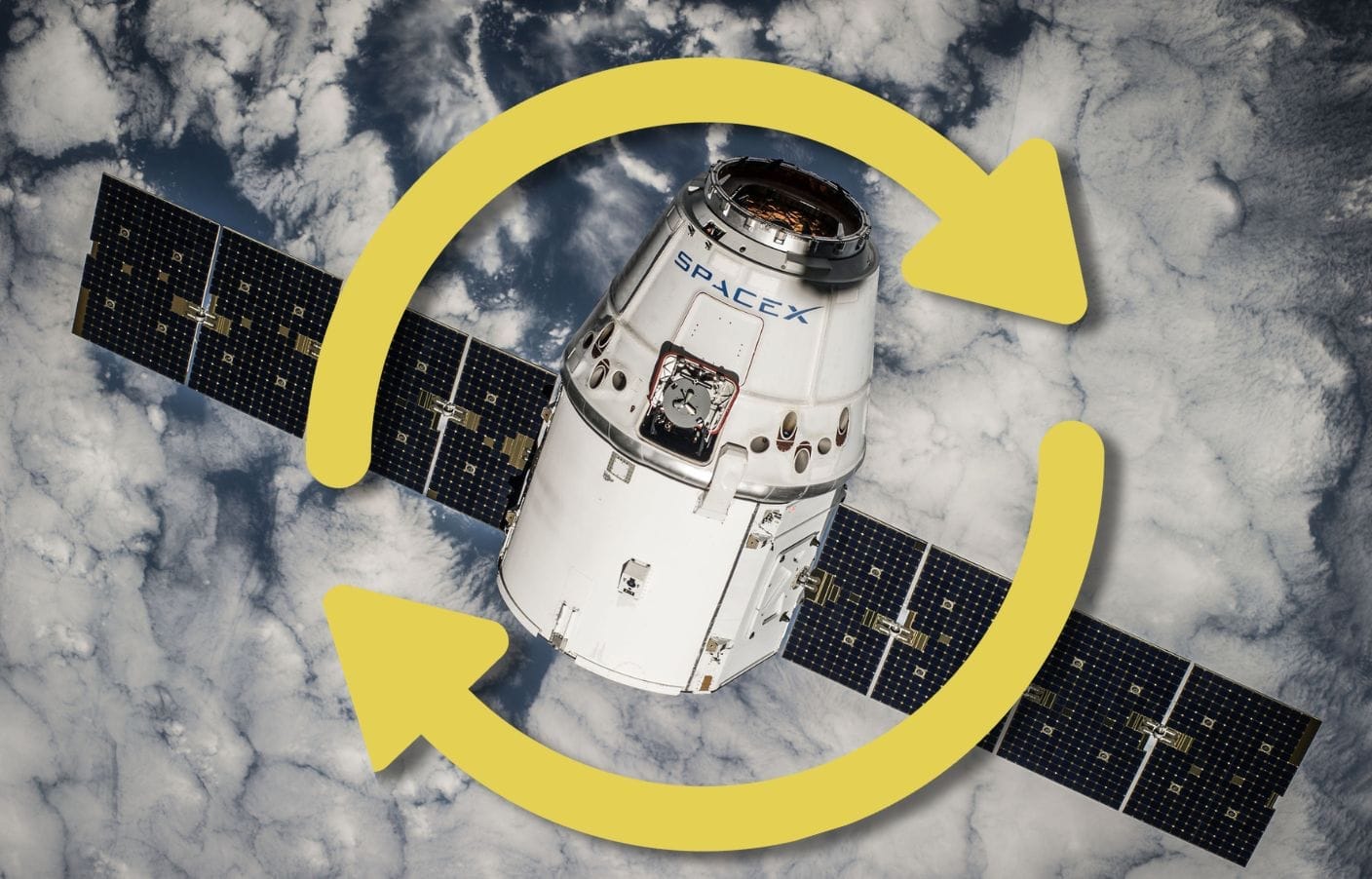On October 11, 2024, SpaceX made a formal request to the FCC to modify several aspects of the Starlink Network. These modifications are part of SpaceX’s Gen2 NGSO satellite system, which the company says will introduce a range of enhancements. Specifically, the upgraded network aims to provide gigabit service to its customers. Additional improvements include reduced latency, widespread mobile connectivity, and adjustments to the network to accommodate the rising demand from users.
Proposed Satellite Adjustments
To boost the performance of the network, SpaceX is seeking to lower the altitude of three groups of satellites by approximately 8.5 percent from their current nominal height. SpaceX asserts that this adjustment will enhance space sustainability by decreasing the chances of collisions and shortening the time required for the post-mission disposal of Gen2 satellites. In simpler terms, this means that the satellites will have a lower risk of crashing into other objects and will disintegrate in the atmosphere more quickly once they reach the end of their operational life. The transition to a lower orbit will also facilitate the deployment of more satellites in the future, which is crucial given the growing demand for services, particularly in remote regions. Furthermore, SpaceX is looking to modify the number of satellites in each group to maximize coverage.
Changes to Elevation Angles
Along with lowering the nominal altitude, SpaceX is proposing a shift in the minimum elevation angle from 25 degrees to 20 degrees. This adjustment would extend the communication time between satellites and ground stations by allowing satellites to keep in touch even when they are closer to the horizon. Despite this potential benefit, there are worries that the lower altitude may interfere with other satellite systems, although SpaceX has provided evidence to counter these concerns.
In conclusion, there are numerous reservations regarding these proposed modifications, and various stakeholders are opposed to them. Companies like Amazon, along with astronomers and regulatory bodies, have legitimate reasons for their opposition to SpaceX’s plans. For further information on the proposed changes, the full filing is available below.
FCC filing via Ars Technica and Pixabay.


Leave a Reply